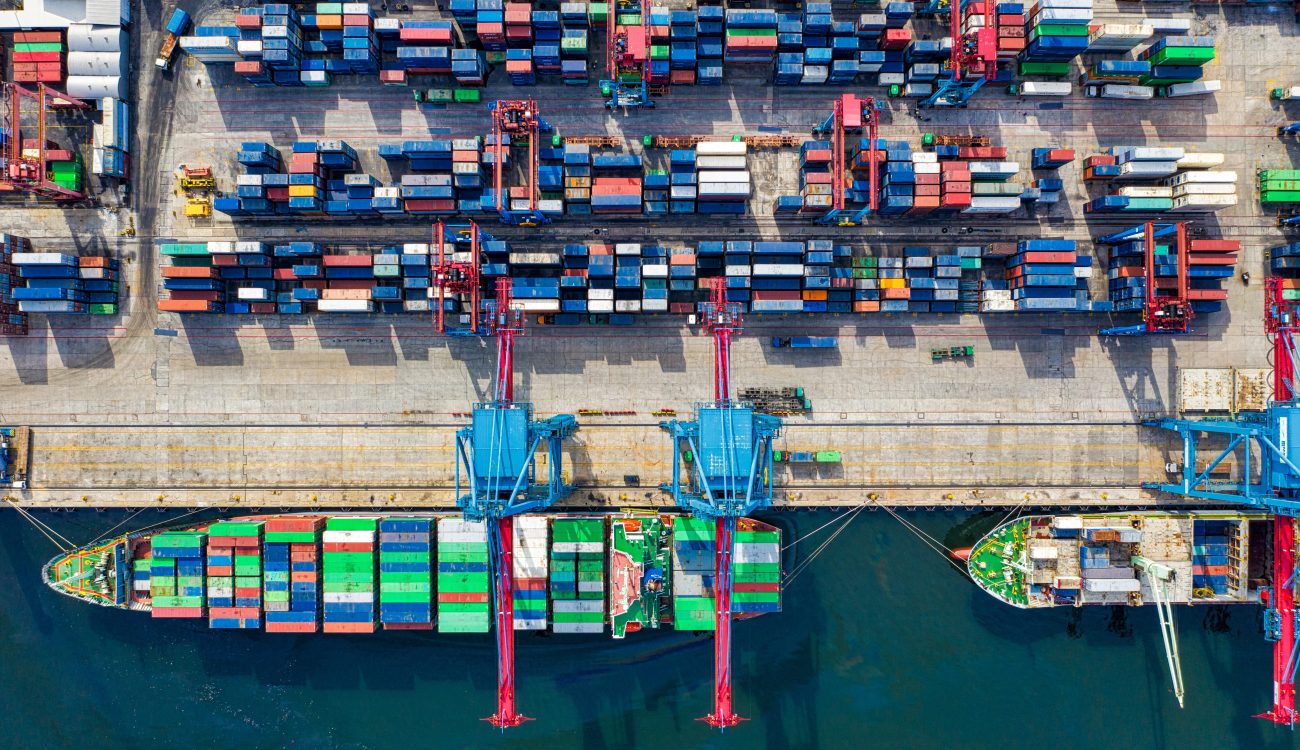
How an Internship at the World Trade Center Launched my Career in Global Food Safety – Lawson Hembree
May 29, 2019
Reeling in the Fishes with Catfish Pro – the story of Mike and Mitch Baker
June 21, 2019How to Classify Under the Harmonized
Tariff Schedule
by Christy Poindexter
Christy Poindexter is president of C.P. Trade Consulting and is a licensed U.S. Customs Broker. She has 25 years of experience in customs and import management and is a certified supply chain professional with APICS as well as a certified customs specialist with the NCBFAA. As a partner of the World Trade Center Arkansas, we asked her to shed light on a topic that can be the source of many headaches for importing companies. Here are her three quick reasons why companies should consider training to better handle importing under the Harmonized Tariff Schedule.
As U.S. Customs and Border Protection requires importers to provide the appropriate ten-digit duty rate when an entry declaration is filed, inaccurate classifications may lead to incorrect duty payments, additional regulatory requirements, and when reasonable care is not exercised, even fines and penalties.
Therefore, understanding the U.S. Harmonized Tariff Schedule, the principles and legal text that governs the classification of the merchandise and the resources that are available to help determine the correct classification is essential.
Not only are training courses and seminars effective tools to develop this understanding, but there are compelling reasons why you should consider this training yourselves:
1. You may be paying the wrong duty amount.
Customs and Border Protection (CBP) ultimately determines the applicable harmonized tariff code and the duties and fees owed on imported merchandise. Entering goods that are classified incorrectly can be costly. Should CBP determine that a product is misclassified, a customer may see an increase in duties, taxes, and fees. Even if the duty rate is less than anticipated, there is a loss of time performing rework.
2. Your commodity may or may not qualify for a particular free trade agreement or preferential tariff program.
“Rates of Duty” are located at the tariff level in the Harmonized Tariff Schedule of the United States (HTSUS). Special Program Indicators (SPI’s) for preferential tariff programs are located in the “special” column to the right of the classification. If the commodity classification is inaccurate, you may have missed an opportunity for a decreased duty rate! Importers should ensure that the HTS code for a commodity is accurate and that it meets the eligibility criteria for reduced duty treatment.
3. Your item may or may not be subject to additional duties such as Antidumping (ADD) and Countervailing (CVD), or Section 301.
An inaccurate classification may result in the payment non-tariff duties. Other duties due to import injury or the result of actions taken under section 301 of the Trade Act of 1974 may be applicable. Determining the correct classification is essential when importing merchandise into the U.S.
4. BONUS REASON. We are offering a Fundamentals of Classification Bootcamp at the World Trade Center this month!


